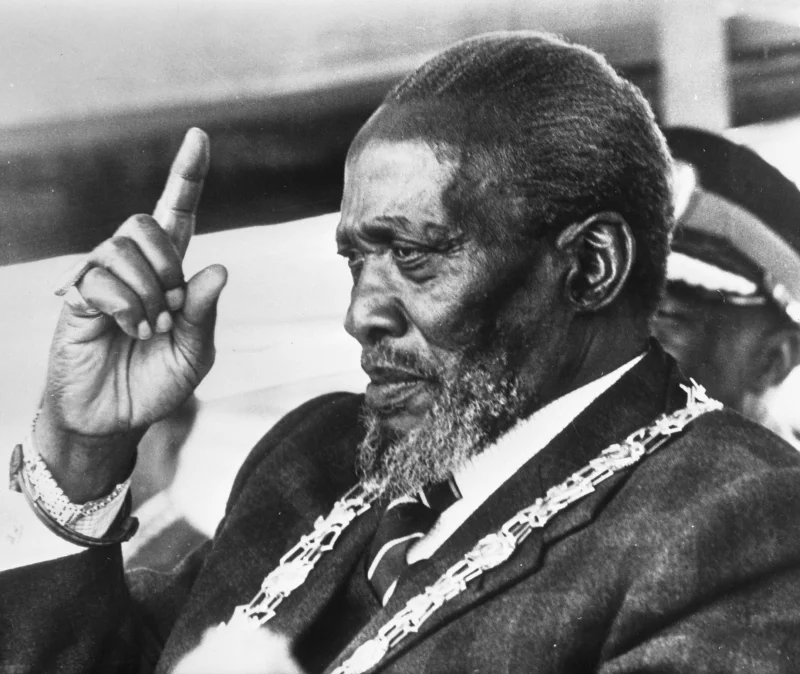Short Summary
Anansi is a prominent figure in West African folklore, often depicted as a clever spider. He is famous for his wit and cunning, often outsmarting larger and stronger creatures. Anansi's tales have been passed down through generations, highlighting his role as a cultural symbol of intelligence and survival. His stories have had a significant influence on storytelling traditions in various cultures, particularly in the Caribbean and the Americas.
Early Life & Education
The origins of Anansi trace back to the Ashanti people of present-day Ghana. Though Anansi is a mythical figure and not a historical person, he is deeply rooted in the oral traditions of West Africa. Anansi's character is said to have been shaped by the cultural and social norms of the Ashanti society, where storytelling was an essential part of education and moral instruction. These tales were educational tools, teaching lessons about life, ethics, and community values.
Career Highlights
Anansi's "career" as a trickster and storyteller spans an extensive collection of tales that have been shared orally and, later, through written literature. His stories often involve him using his intelligence to overcome obstacles and adversaries. Anansi has been the protagonist in countless folktales, where he outsmarts animals and humans alike. These narratives have been instrumental in preserving cultural heritage and have contributed significantly to the global understanding of African folklore.
Major Achievements
- Introduced storytelling: Anansi is credited with bringing stories to the world, according to folklore.
- Symbol of wisdom: He represents the triumph of intellect over brute strength.
- Influence on literature: Anansi stories have inspired numerous adaptations and literary works.
- Preservation of culture: His tales have helped maintain African cultural identity across the diaspora.
Famous Quotes
- "If you do not know where you are going, any road will get you there."
- "Wisdom is like a baobab tree; no one individual can embrace it."
Interesting Facts
- Anansi is often depicted as both a spider and a man, symbolizing his dual nature.
- The tales of Anansi have been adapted into various forms, including children's books and theater.
- In the Caribbean, Anansi is sometimes referred to as "Aunt Nancy."
- Anansi stories have been used to teach moral lessons and critical thinking skills.
- He is considered one of the most important figures in West African mythology.
Legacy / Influence
The legacy of Anansi extends far beyond his African origins. His stories have been instrumental in shaping the folklore of the Caribbean and North America, particularly among the descendants of enslaved Africans. Anansi's tales continue to serve as a testament to the power of storytelling as a means of cultural preservation and education, highlighting themes of cleverness and resilience that resonate across cultures.
FAQ
Q: Why is Anansi famous?
A: Anansi is famous for being a central figure in West African folklore, known for his cleverness and trickery.
Q: What does Anansi represent?
A: Anansi represents intelligence, cunning, and the ability to overcome challenges through wit.
Q: How did Anansi's stories spread to other cultures?
A: Anansi's stories spread to other cultures through the African diaspora, particularly during the transatlantic slave trade.









